-
REVIEW01-01-2018
The nurses’ work process in different countries: an integrative review
Revista Brasileira de Enfermagem. 2018;71(2):413-423
Abstract
REVIEWThe nurses’ work process in different countries: an integrative review
Revista Brasileira de Enfermagem. 2018;71(2):413-423
DOI 10.1590/0034-7167-2016-0468
Views0See moreABSTRACT
Objective:
To analyze the characteristics of nurses’ work process in different countries.
Method:
We have used the integrative review method and selected 84 publications (articles, theses and dissertations) in national and foreign thesis banks and databases. We analyzed the evidence based on dialectical materialism.
Results:
The rejection of managerial tasks hides the singularity of nurses’ work, due to the failure to understand the inseparable nature of managerial and healthcare tasks, given that it is what provides the expertise to coordinate the nursing work process and guide the healthcare work processes. The social and technical division is present in the work process in all countries studied, albeit in different ways. The nurse’s position in the healthcare work process is subordinated to that of the physician.
Conclusion:
The characteristics are similar. The rejection of the dual nature of the work by nurses themselves due to alienation results in the non-recognition of their own work.
-
RESEARCH01-01-2018
Validation and reliability of the scale Self-efficacy and their child’s level of asthma control
Revista Brasileira de Enfermagem. 2018;71(2):406-412
Abstract
RESEARCHValidation and reliability of the scale Self-efficacy and their child’s level of asthma control
Revista Brasileira de Enfermagem. 2018;71(2):406-412
DOI 10.1590/0034-7167-2016-0528
Views0See moreABSTRACT
Objective:
To evaluate the psychometric properties in terms of validity and reliability of the scale Self-efficacy and their child’s level of asthma control: Brazilian version.
Method:
Methodological study in which 216 parents/guardians of children with asthma participated. A construct validation (factor analysis and test of hypothesis by comparison of contrasted groups) and an analysis of reliability in terms of homogeneity (Cronbach’s alpha) and stability (test-retest) were carried out.
Results:
Exploratory factor analysis proved suitable for the Brazilian version of the scale (Kaiser-Meyer-Olkim index of 0.879 and Bartlett’s sphericity with p < 0.001). The correlation matrix in factor analysis suggested the removal of item 7 from the scale. Cronbach's alpha of the final scale, with 16 items, was 0.92.
Conclusion:
The Brazilian version of Self-efficacy and their child’s level of asthma control presented psychometric properties that confirmed its validity and reliability.
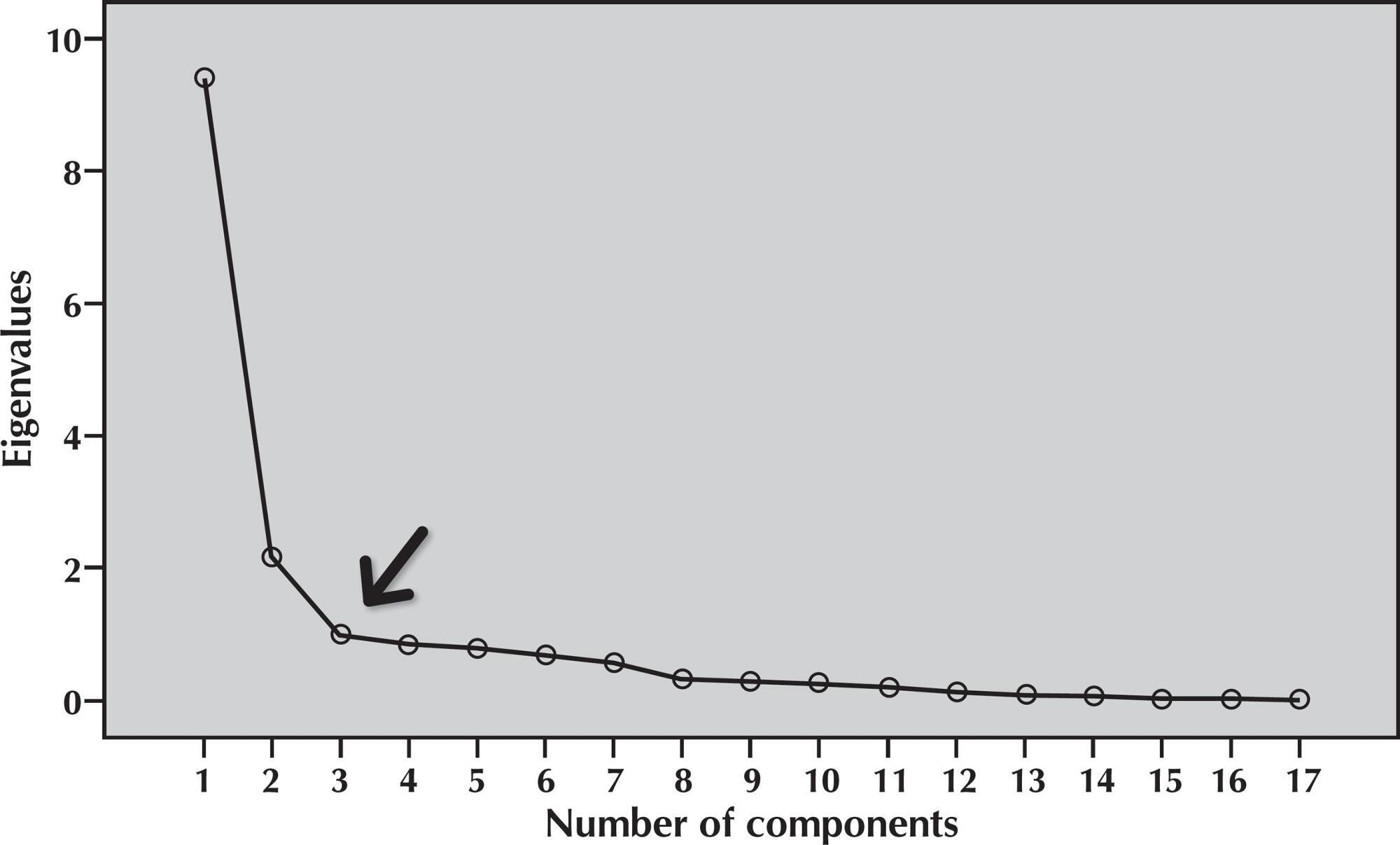
-
RESEARCH01-01-2018
Spiritual well-being and hope in the preoperative period of cardiac surgery
Revista Brasileira de Enfermagem. 2018;71(2):398-405
Abstract
RESEARCHSpiritual well-being and hope in the preoperative period of cardiac surgery
Revista Brasileira de Enfermagem. 2018;71(2):398-405
DOI 10.1590/0034-7167-2016-0642
Views0See moreABSTRACT
Objective:
To characterize relations between spiritual well-being and hope of patients in the preoperative period of cardiac surgery.
Method:
Exploratory cross-sectional study with quantitative approach, performed in the infirmaries of a reference hospital in cardiology. We evaluated 69 patients hospitalized in preoperative period of myocardial revascularization, valve repair or replacement.
Results:
We verified that patients hold relevant scores of hope and welfare in all areas, being the existential well-being significantly lower than the religious one. The average of the spiritual well-being score was below the required to be considered high. There was no significant correlation between welfare and hope.
Conclusion:
Nurses should develop a watchful eye to these issues, be trained in specific protocols of spiritual anamnese and use the real moments of care to strengthen the patients.
-
RESEARCH01-01-2018
Body consciousness of people with intestinal stomach: A phenomenological study
Revista Brasileira de Enfermagem. 2018;71(2):391-397
Abstract
RESEARCHBody consciousness of people with intestinal stomach: A phenomenological study
Revista Brasileira de Enfermagem. 2018;71(2):391-397
DOI 10.1590/0034-7167-2016-0666
Views0See moreABSTRACT
Objective:
to describe the bodily awareness of people with stomies.
Method:
a descriptive study with a qualitative approach, carried out in the Ostomized Association of the State of Ceará, through semi-structured interviews with ten people with intestinal stomies, according to Merleau-Ponty’s phenomenological thinking.
Results:
two categories of analysis emerged: The body that I have, in which the sensations of deficiency, imperfection and bad odor add to the feeling of strangeness towards one’s own body, affecting the way of being in the world of each deponent; and The body that others perceive, in which the stoma is seen as an embarrassing and complex experience, since it hampers daily activities and conviviality with other people.
Final considerations:
The corporeal consciousness of Being-Stomp-in-the-world requires the movement to reconstruct the senses of the body from the body I have and from that which others perceive.
-
RESEARCH01-01-2018
Construction and validation of forms: systematization of the care of people under hemodialysis
Revista Brasileira de Enfermagem. 2018;71(2):379-390
Abstract
RESEARCHConstruction and validation of forms: systematization of the care of people under hemodialysis
Revista Brasileira de Enfermagem. 2018;71(2):379-390
DOI 10.1590/0034-7167-2015-0130
Views0See moreABSTRACT
Objective:
create and validate forms to subsidize the systematization of nursing care with people on hemodialysis.
Method:
institutional case study to support the systematization of assistance from the construction of forms for data collection, diagnoses, interventions and nursing results, using cross-mapping, Risner’s reasoning, Neuman’s theory, taxonomies of diagnoses, interventions and nursing results with application in clinical practice and validation by focal group with specialist nurses.
Results:
18 people on hemodialysis and 7 nurses participated. Consensus content of form matter with specialist nurses in the area (Crombach 0.86). The papers captured 43 diagnoses, 26 interventions and 78 nursing results depicting human responses in their singularities.
Final considerations:
the validated forms fill a gap by enabling the capture of human responses from people on hemodialysis and by subsidizing the planning of nursing care on a scientific basis.
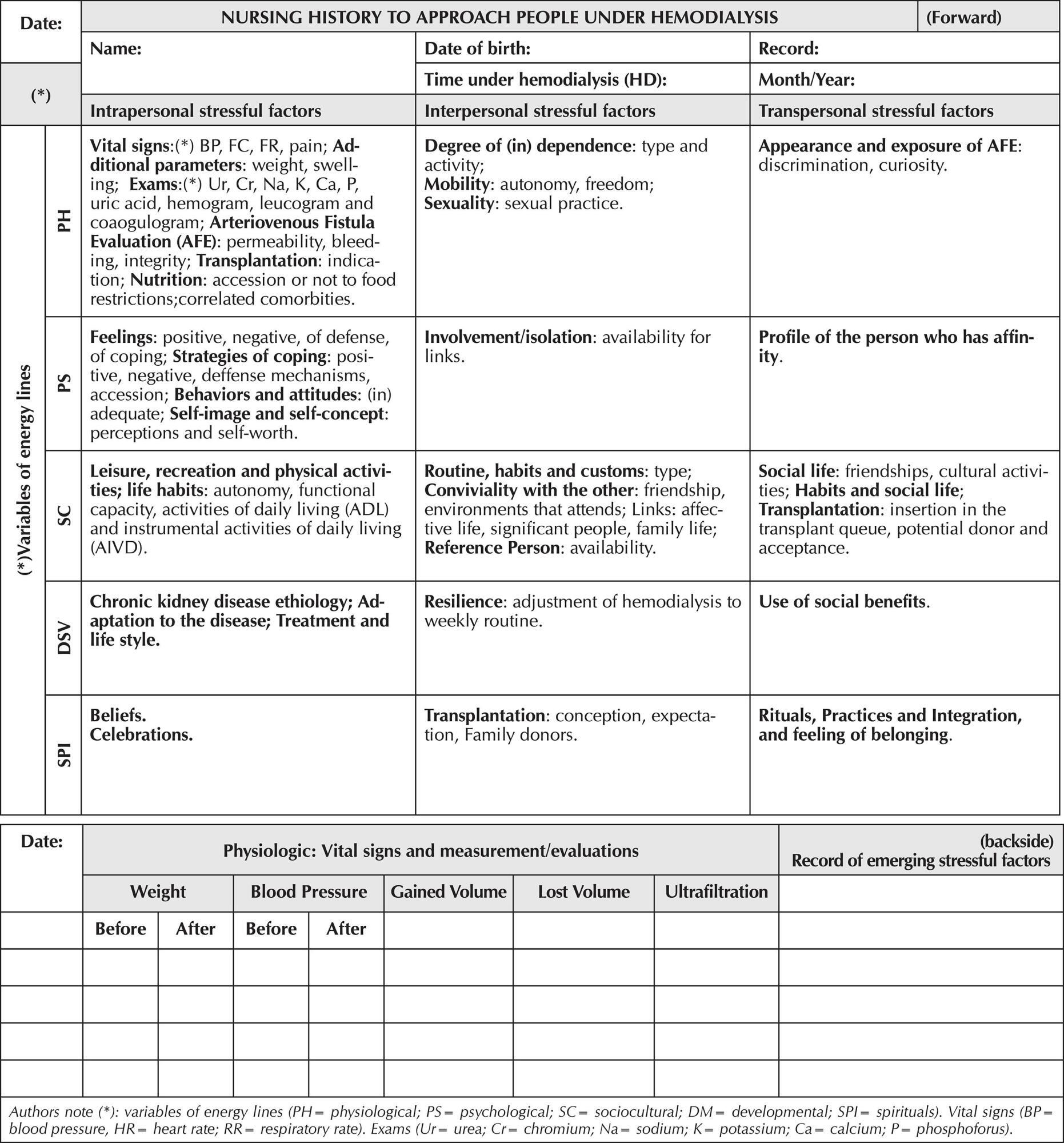
-
RESEARCH01-01-2018
Perception of nursing workers humanization under intensive therapy
Revista Brasileira de Enfermagem. 2018;71(2):372-378
Abstract
RESEARCHPerception of nursing workers humanization under intensive therapy
Revista Brasileira de Enfermagem. 2018;71(2):372-378
DOI 10.1590/0034-7167-2016-0485
Views0See moreABSTRACT
Objective:
understand the perception of nursing workers working in the Intensive Care Unit (ICU) regarding humanization in the work environment.
Method:
we used the reference of phenomenology, structure of the phenomenon. Participated 25 nursing professionals working in an adult ICU of a university hospital, through focused interviews, answering the guiding question: What do you understand by humanization of the working conditions of the nursing team working in the ICU?
Results:
the analysis revealed the themes: humanization in the ICU; working condition in the ICU; management of people in the ICU and management process in the ICU.
Final considerations:
humanization is necessary through the change of the work environment and the managerial process, privileging the participatory management model as a way to transform theory into practice and value the worker.
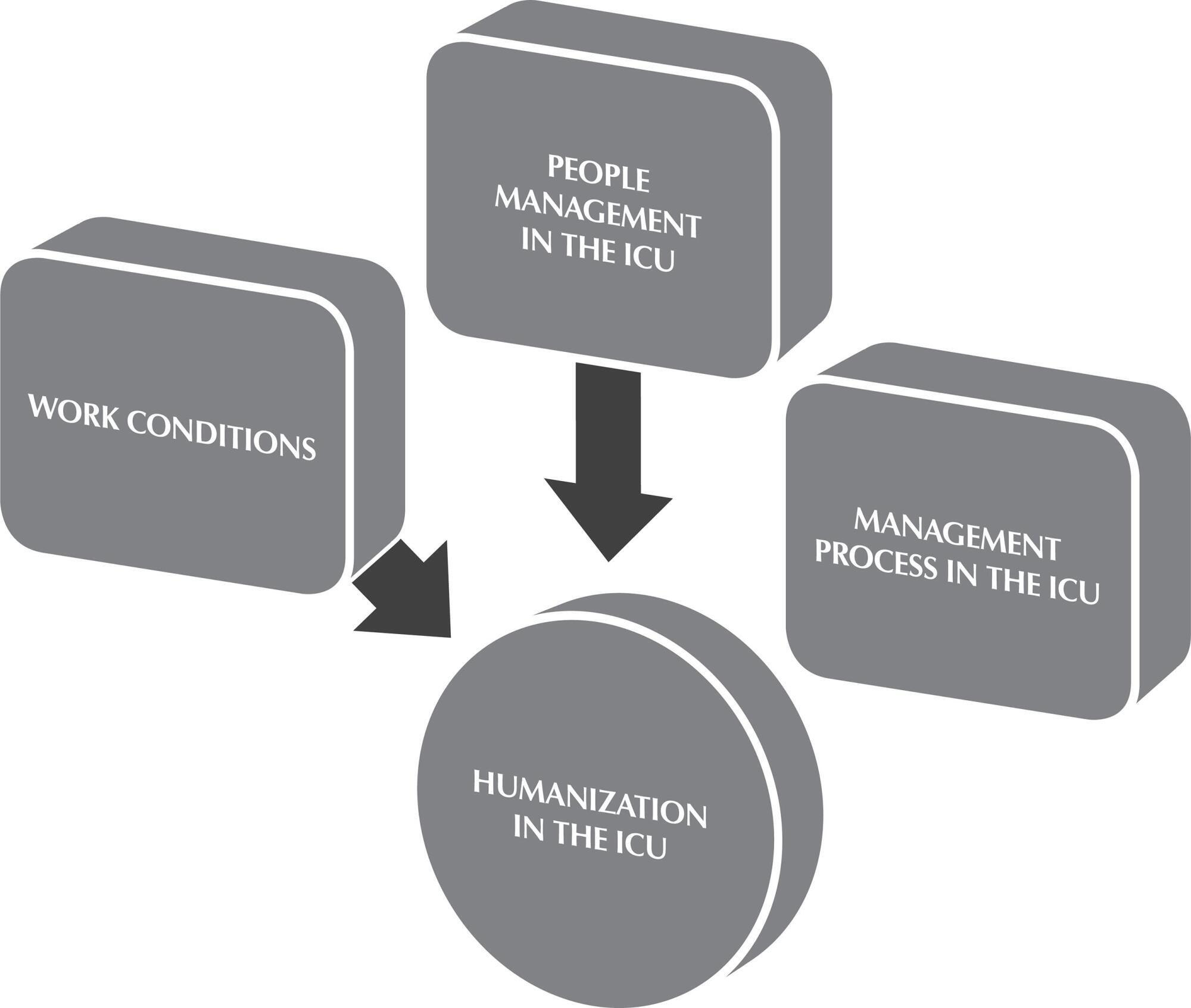
-
01-01-2018
Costs of examinations performed in a hospital laboratory in Chile
Revista Brasileira de Enfermagem. 2018;71(2):363-371
Abstract
Costs of examinations performed in a hospital laboratory in Chile
Revista Brasileira de Enfermagem. 2018;71(2):363-371
DOI 10.1590/0034-7167-2016-0688
Views0ABSTRACT
Objective:
To determine the total average costs related to laboratory examinations performed in a hospital laboratory in Chile.
Method:
Retrospective study with data from July 2014 to June 2015. 92 examinations classified in ten groups were selected according to the analysis methodology. The costs were estimated as the sum of direct and indirect laboratory costs and indirect institutional factors.
Results:
The average values obtained for the costs according to examination group (in USD) were: 1.79 (clinical chemistry), 10.21 (immunoassay techniques), 13.27 (coagulation), 26.06 (high-performance liquid chromatography), 21.2 (immunological), 3.85 (gases and electrolytes), 156.48 (cytogenetic), 1.38 (urine), 4.02 (automated hematological), 4.93 (manual hematological).
Conclusion:
The value, or service fee, returned to public institutions who perform laboratory services does not adequately reflect the true total average production costs of examinations.
Keywords:Average CostsDiagnoses and Laboratory ExaminationsDirect and Indirect CostsProduction of ExaminationsService FeeSee more -
01-01-2018
Costos de exámenes en un laboratorio clínico hospitalario de Chile
Revista Brasileira de Enfermagem. 2018;71(2):363-371
Abstract
Costos de exámenes en un laboratorio clínico hospitalario de Chile
Revista Brasileira de Enfermagem. 2018;71(2):363-371
DOI 10.1590/0034-7167-2016-0688
Views0See moreRESUMEN
Objetivo:
determinar los costos medios totales asociados a la realización de exámenes de laboratorio en un laboratorio clínico hospitalario de Chile.
Método:
estudio retrospectivo con información del período julio 2104 a junio 2015. Se seleccionaron 92 exámenes clasificados en diez grupos según la metodología de análisis. Los costos se estimaron como la suma de costos directos e indirectos de laboratorio y factores indirectos institucionales.
Resultados:
se obtuvieron los valores promedio para los costos según grupo de exámenes (en dólares): 1,79 (química clínica), 10,21 (técnicas de inmunoensayos), 13,27 (coagulación), 26,06 (cromatografía líquida de alta resolución), 21,2 (inmunológicos), 3,85 (gases y electrolitos), 156,48 (citogenéticos), 1,38 (orina), 4,02 (hematológicos automatizados), 4,93 (hematológicos manuales).
Conclusión:
el valor que retorna a las instituciones públicas, o arancel por servicio, que prestan servicios de laboratorio no refleja adecuadamente los verdaderos costos medios totales de producción de exámenes.
-
06-28-2021
Baby-Friendly Hospital Initiative for Neonatal Wards: impact on breastfeeding practices among preterm infants
Revista Brasileira de Enfermagem. 2021;74:e20200909
Abstract
Baby-Friendly Hospital Initiative for Neonatal Wards: impact on breastfeeding practices among preterm infants
Revista Brasileira de Enfermagem. 2021;74:e20200909
DOI 10.1590/0034-7167-2020-0909
Views0See moreABSTRACT
Objective:
to assess breastfeeding support practices for preterm infants at two Baby-Friendly hospitals in southeastern Brazil, comparing the effect of implementing the guidelines for Baby-Friendly Hospital Initiative for Neonatal wards.
Methods:
a quasi-experimental study, pre- and post-intervention with control. Implementation of this initiative in the intervention hospital using Knowledge Translation. Data collection on compliance with the adapted Ten Steps, Three Guiding Principles and the Code before and after the intervention was carried out via interviews with mothers of preterm babies and professionals, unit observation and documentary analysis in the intervention and control hospitals. Intra-intergroup comparison was performed.
Results:
increases in global compliance with the Three Principles, Ten Steps, the Code, partial compliance with each Principle and in most Steps was greater in the intervention hospital. Conclusion: this initiative improved practices related to breastfeeding in the intervention hospital, demonstrating the potential to improve care and breastfeeding in neonatal wards.

-
03-15-2021
Effectiveness of mobile applications in pregnant women’s adherence to prenatal consultations: randomized clinical trial
Revista Brasileira de Enfermagem. 2021;74:e20190599
Abstract
Effectiveness of mobile applications in pregnant women’s adherence to prenatal consultations: randomized clinical trial
Revista Brasileira de Enfermagem. 2021;74:e20190599
DOI 10.1590/0034-7167-2019-0599
Views0See moreABSTRACT
Objective:
to evaluate the effectiveness of a mobile application for cell phones in the adherence of pregnant women to prenatal consultations.
Method:
a randomized controlled clinical trial, simple-blind with two parallel groups, conducted from January to December 2018. Data collection was carried out through a structured interview at the end of the third trimester of pregnancy. For analysis, Chi-Square and Mann-Whitney tests were used. The sample consisted of 88 pregnant women from 2 Family Health Strategies in Northeast Brazil. Participants were randomized into two groups: intervention (IG), who used the application, and control (CG), who attended prenatal consultations.
Results:
pregnant women who used the application (IG) attended a greater number of consultations when compared to participants in the CG, identifying a statistical difference between the groups (p<0.05).
Conclusion:
the application showed to be an effective health technology to improve adherence to prenatal care. Brazilian Registry of Clinical Trials: RBR-74SNST.

-
03-29-2021
Digital educational technology for care management of diabetes mellitus people’s feet
Revista Brasileira de Enfermagem. 2021;74:e20190725
Abstract
Digital educational technology for care management of diabetes mellitus people’s feet
Revista Brasileira de Enfermagem. 2021;74:e20190725
DOI 10.1590/0034-7167-2019-0725
Views0See moreABSTRACT
Objective:
to develop and validate a distance learning course aimed at the pillars of care management of diabetes mellitus people’s feet.
Method:
a technological production research using Moodle Virtual Learning Environment, based on Andragogy, Constructionism and Instructional Design. Content is based on consensus guidelines on diabetic foot. Validation was carried out by distance education, diabetes and/or diabetic foot experts.
Results:
the course’s content is based on diabetic foot guidelines, and is structured in units with didactic material, videos, forums and questionnaires to assess the participants’ learning. The judges considered it appropriate to meet nurses’ needs in clinical practice.
Conclusion:
the virtual learning course has been validated, being a promising strategy for training nurses on care management of diabetes mellitus people’s feet.
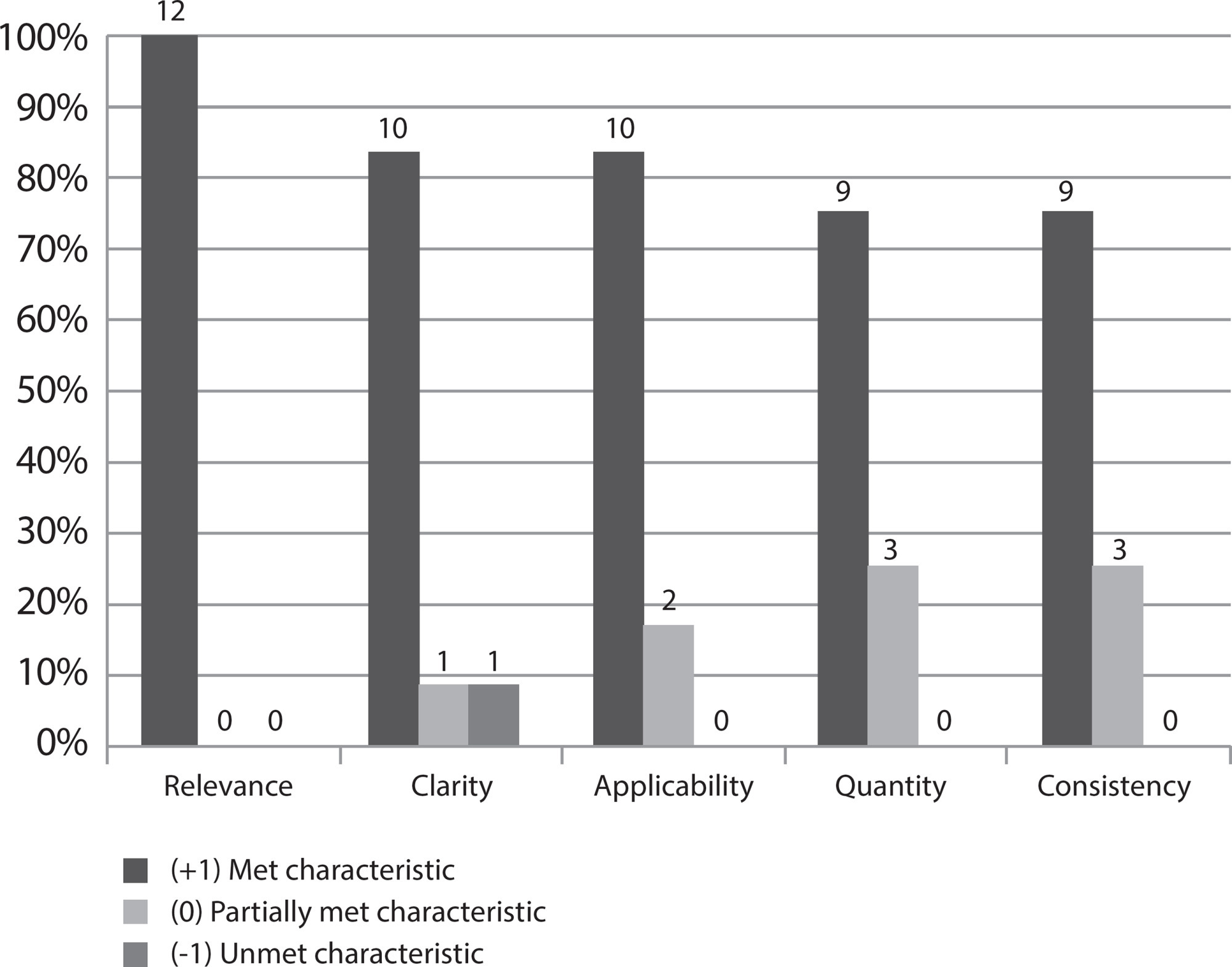
-
05-21-2021
Evolution of nursing teaching in the use of education technology: a scoping review
Revista Brasileira de Enfermagem. 2021;74:e20200422
Abstract
Evolution of nursing teaching in the use of education technology: a scoping review
Revista Brasileira de Enfermagem. 2021;74:e20200422
DOI 10.1590/0034-7167-2020-0422
Views1See moreABSTRACT
Objective:
To identify and map the technological tools of information and communication to support the teaching learning process in Nursing teaching courses.
Methods:
This is a scoping review whose search was carried out in seven databases and in grey literature. After an initial analysis of the selection, 88 texts were read integrally, and 29 made up the final sample.
Results:
Virtual learning environment and object, simulation, hypermedia, and software or cellphone applications were the tools the nursing professors used the most. Studies highlight that the application of technology was important in the teaching-learning process, since it encouraged teaching based on safe care, motivating and developing abilities/competences, supported on significant, effective, flexible, and autonomous learning.
Conclusion:
The contribution of the technology for nursing formation stands out, but it should be highlighted that its employment must be critical, reflective, based on pedagogical theories and developed by trained professors.

-
ORIGINAL ARTICLE05-24-2021
Construction and validation of educational material on promoting breastfeeding in schools
Revista Brasileira de Enfermagem. 2021;74:e20200511
Abstract
ORIGINAL ARTICLEConstruction and validation of educational material on promoting breastfeeding in schools
Revista Brasileira de Enfermagem. 2021;74:e20200511
DOI 10.1590/0034-7167-2020-0511
Views1See moreABSTRACT
Objective:
to build and validate an educational technology on the promotion of breastfeeding for schoolchildren.
Methods:
a methodological study was developed through a bibliographic survey, situational diagnosis, creation of illustrations, layout, design and texts, validation of the material with the help of expert judges and target audience.
Results:
the content judges enabled the validation of the material with an overall Content Validity Index of 90%, the judges of the design Suitability Assessment of Materials of 90.4% and the target audience with a 95.6% agreement. The readability percentage proved to be excellent, with an overall score of 100%.
Conclusion:
the educational technology proved to be a valid and reliable instrument to promote a breastfeeding culture among schoolchildren.

-
09-01-2021
Nursing APHMÓVEL: mobile application to register the nursing process in prehospital emergency care
Revista Brasileira de Enfermagem. 2021;74:e20201029
Abstract
Nursing APHMÓVEL: mobile application to register the nursing process in prehospital emergency care
Revista Brasileira de Enfermagem. 2021;74:e20201029
DOI 10.1590/0034-7167-2020-1029
Views1See moreABSTRACT
Objectives:
to develop an application for a mobile device for the registration of the Nursing Process by nurses of the Mobile Emergency Care Service.
Methods:
applied research with technology development based on software engineering and Apple’s Human Interface Guidelines. It had the support of an application developer and a designer. The proposal was built in four steps (scope definition, planning, prototype creation and development).
Results:
the application “Nursing APHMóvel” allows to record the steps of the Nursing Process, such as history, nursing diagnoses, outcomes and interventions with the possibility of storing the data and/or file in printable format. The technological innovation has location features, scales with automatic sum of items, touchscreen, and offline operation.
Conclusions:
it was possible to develop the application with the potential for computerized documentation of the Nursing Process by nurses working in the Mobile Emergency Care Service.
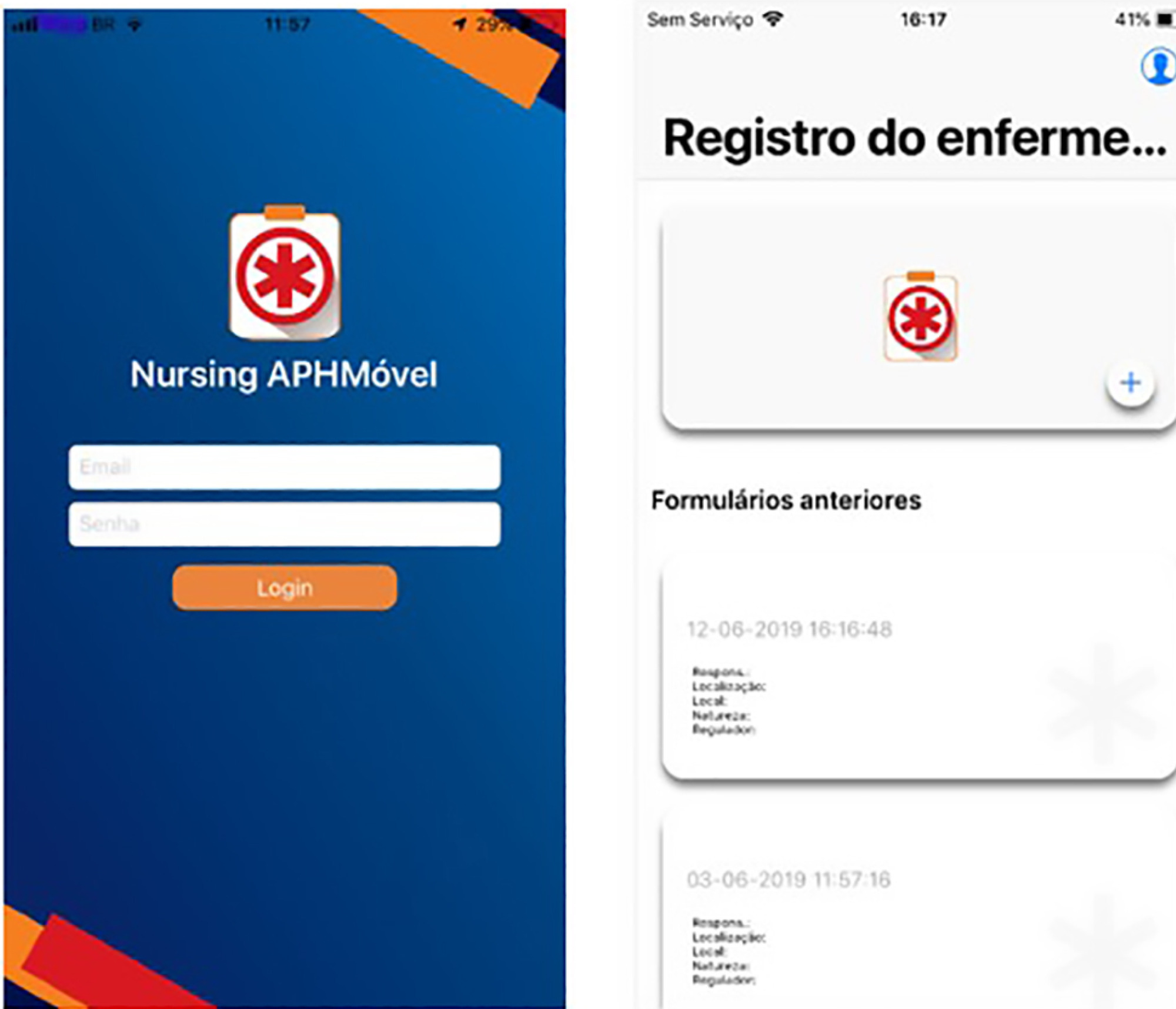
-
03-15-2021
Advanced Practice Nursing in Latin America and the Caribbean: seeking its implementation
Revista Brasileira de Enfermagem. 2021;74:e74suppl601
Abstract
Advanced Practice Nursing in Latin America and the Caribbean: seeking its implementation
Revista Brasileira de Enfermagem. 2021;74:e74suppl601
DOI 10.1590/0034-7167.202174suppl601
Views1Healthcare organizations are increasingly complex and specialized, seeking to optimize their quality and safety standards, and be able to meet the growing needs of their users. To face this reality, health professionals need to adapt to respond in time to the demands of the health context. In turn, the World Health Organization (WHO), through the […]See more -
ORIGINAL ARTICLE10-01-2022
Self-care of elderly people with diabetes mellitus and the nurse-patient interpersonal relationship
Revista Brasileira de Enfermagem. 2022;75(1):e20201257
Abstract
ORIGINAL ARTICLESelf-care of elderly people with diabetes mellitus and the nurse-patient interpersonal relationship
Revista Brasileira de Enfermagem. 2022;75(1):e20201257
DOI 10.1590/0034-7167-2020-1257
Views1INTRODUCTIONChronic non-communicable diseases are the main causes of death and health problems in the world, causing about 41 million deaths each year, which corresponds to approximately 71% of all deaths. Among these diseases, diabetes mellitus has stood out due to the increase in its incidence and prevalence().Estimates indicate that 463 million people live with diabetes […]See more
Search
Search in:
Nuvem de Tags
Adolescente (85) Atenção Primária à Saúde (239) COVID-19 (91) Criança (91) Cuidados de Enfermagem (269) Educação em Enfermagem (151) Educação em Saúde (139) Enfermagem (930) Enfermagem Pediátrica (86) Estudantes de Enfermagem (77) Estudos de Validação (131) Família (87) Idoso (208) Promoção da Saúde (99) Qualidade de Vida (104) Saúde do Trabalhador (86) Saúde Mental (145) Saúde Pública (82) Segurança do Paciente (150) Tecnologia Educacional (100)



